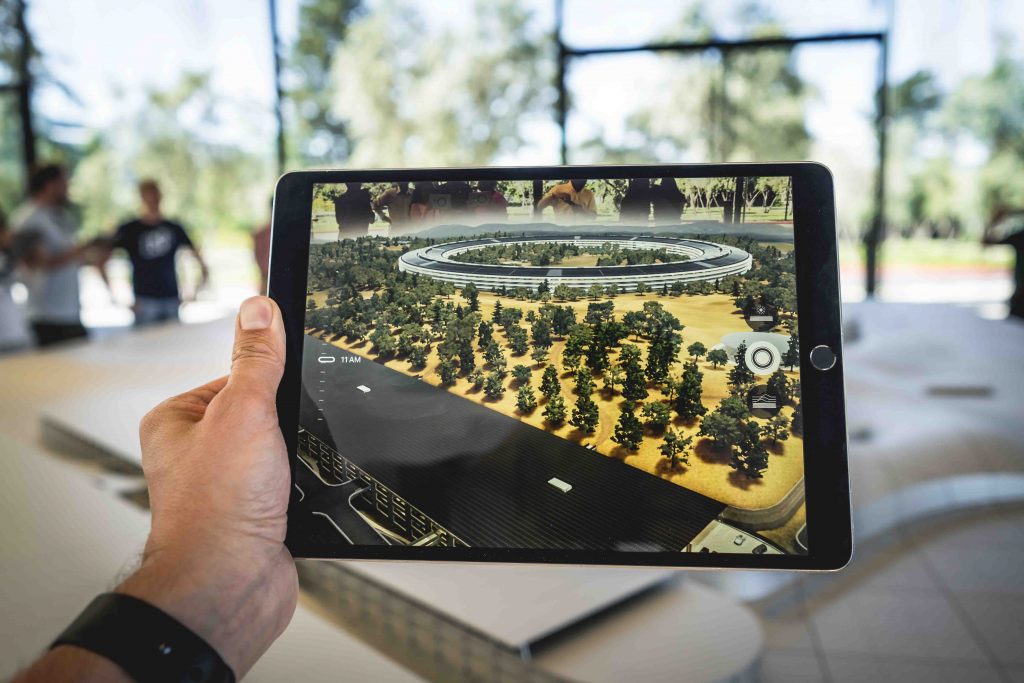
Digital transformations had a huge impact on almost every major industry in 2018, and the real estate industry is no different. Property managers, building owners and engineers have all been scrambling to replace outdated business operations and decision making equipment in order to cut operational costs.
In 2019, there are some trends and technology advancements which look set to boost overall asset values and, if real estate professionals want to remain competitive within the market, should be considered.
Drones

A huge development in all fields, it is well known that drone technology is rapidly advancing and becoming less expensive and much more efficient. Building owners and managers are beginning to implement the use of drones to monitor aerial surveillance of building and their outdoor spaces, which allows security forces to monitor larger areas more efficiently. Whilst drone use may not saturate the whole market in 2019, we should expect to see a surge in popularity.
Machine Based Learning

Devices connected by the internet are generating dataset for premises and buildings which have never existed before and which can now be leveraged through the means of machine learning. Building owners, property managers and engineers all look to use machine learning in order to sift through large amounts of data and gain valuable insights into market trends and building performance. In 2019, the CRE industry is likely to spend a lot less time manually collecting their date and more time moving towards their goals.
Autonomous Vehicles
The rise in popularity of autonomous vehicles is going to change the way in which cities operate, from pedestrian behaviours to parking spaces, and real estate is likely to be forced to adjust in line with the changing trends. With the introduction of more mixed-use buildings within urban areas, it is likely that we will see more smart parking spaces and property owners will see an increase in “completed-streets”, which include road enhancements whilst reducing traffic congestion in inner-city areas.
Blockchain
On the financial spectrum of commercial real estate properties, blockchain looks set to revolutionize relations between investors and open new markets to investments which may not have any, or many, real estate investments. As this technology matures, it is likely to streamline investments made within real estate meaning that transactions will be more fluid and safer – cutting both costs and time.
Augmented Reality (AR)

Whilst AR may be most known for its recreational uses, the digital and interactive experiences that it creates can help to solve a number of complex problems that property managers face. For example, CGI can help to aid HVAC technicians and other vendors in being able to locate and repair building equipment. thus adding in visual information, such as interactive prompts and directions and 3D models to the trade.
Natalie Wilson is a freelance writer for many different business publications. With a range of knowledge in the business and insurance sector, she is an avid researcher and writer in the field. Having worked with a number of different businesses, including Pannone and Small Biz Bonfire, Natalie is now a freelance writer looking to specialize in the topic.